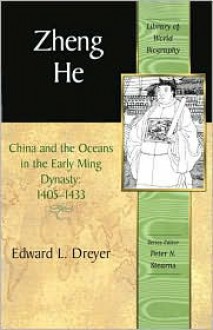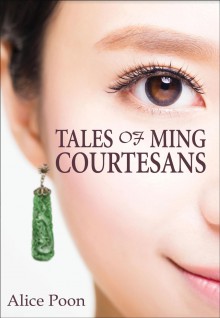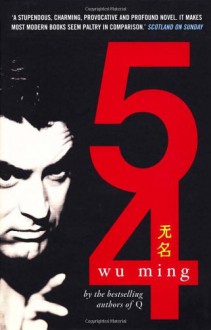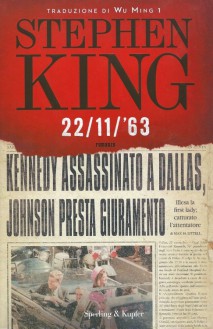
In the early 15th century, the coastal states of Southeast Asia and the Indian Ocean were the subjects of a remarkable event, as they received repeated visitations by a large fleet of Chinese ships. Dispatched by the order of the Ming emperor Yongle, they consisted of thousands of men on board the largest wooden ships ever built. The expeditions were all commanded by Zheng He, a eunuch with a long history of service to the emperor. Yet in spite of the dramatic novelty of the voyages, they and their commander received only the scantiest attention in the Chinese historical sources, with many of their exploits becoming as much myth as reality. In this book, Edward Dreyer attempts to uncover the man behind the myths, assessing his goals and achievements by evaluating them in the context of his times.
To do this, Dreyer reconstructs Zheng’s life as completely as possible from the available contemporary and near-contemporary sources. This provides at best only a sketchy outline, which the author then fills in with a broader analysis of the voyage, the ships and men involved, and the broader background of events. He argues that, contrary to later writers, Zheng’s expeditions were not voyages of exploration or assertions of naval hegemony but an effort to extend the Chinese tributary system to that part of the world. Though far less inspiring a motivation than the others, it is one that helps to explain the subsequent abandonment of the effort after a final voyage in 1431-33, as the returns were far outweighed by the considerable expense of the effort – a factor that became critical during a time of enormous expenditure on military expeditions to Mongolia and construction of a new imperial capital in Beijing.
Though thin in some areas and repetitive of its major points, Dreyer has succeeded in writing a clear and accessible study of a legendary figure. Though it, readers can better understand both the scope of his achievement and why it was not followed up by Yongle’s successors. For anyone seeking to understand the early Ming dynasty or why a tantalizing opportunity was never fully exploited, Dreyer’s clear, thoroughly researched, and well-argued study is an excellent place to begin.


 Log in with Facebook
Log in with Facebook 









